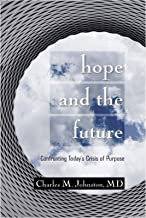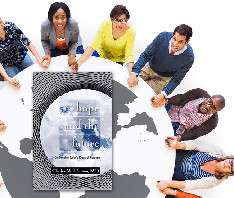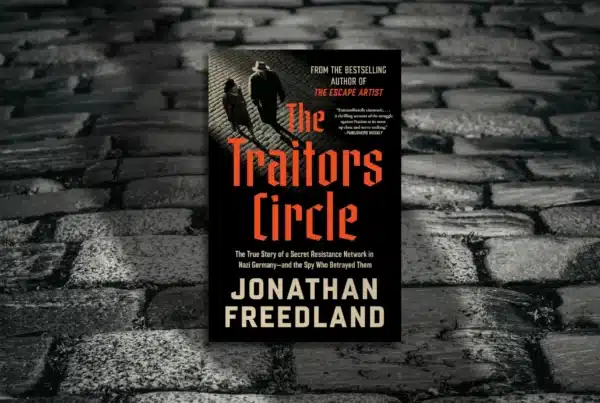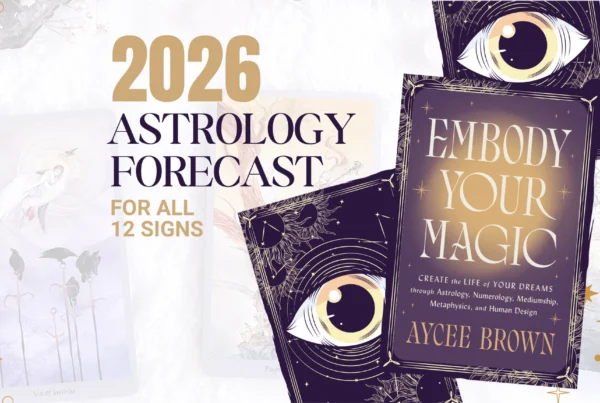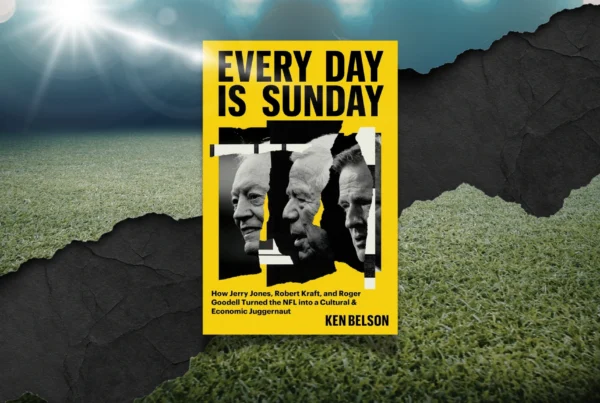Hope and the Future by Charles M. Johnston
Charles M. Johnston, MD begins his academic text Hope and the Future: Confronting Today’s Crisis of Purpose (ICD Press) with an anecdote from his psychiatry practice. A teenage boy sat in his office only two days after attempting suicide.
When Johnston asked the boy why he had tried to kill himself, the boy acknowledged that things were generally okay at the moment, but that he was terribly worried about the future. Specifically, he was worried about whether or not the world around him would be able to improve itself, and whether we as people have any impact at all on the future.
This fear of humanity’s harmful impact on the world and the seemingly limited options for each of us moving forward because of the actions of a powerful few is something that Johnston has explored in depth as a psychiatrist. He’s also examined this phenomenon from the perspective of a futurist — a qualification that positions him as just the person to speak on this topic.
As a futurist, Johnston speculates on human development based on the trajectory we are currently on, and makes determinations as to how we can better reach the type of future that we can be hopeful for. At the center of his thesis in this book is the concept of Cultural Maturity. Civilization needs to move forward, not backward, for us to advance and develop as a society.
PROGRESSING AS HUMANS AND A CULTURE
Critically this means letting go of bigotry and hatred — in practice, the notion of Cultural Maturity aligns with progressive values rather than conservative ones. Acceptance of LGBTQ folks and people from all racial backgrounds. Addressing, not ignoring, climate change.
While Johnston asserts that morality here should be nonpartisan, this is the unfortunate reality of our political system. There is no room for transphobia, Islamophobia, etc., in a truly progressive and developing culture, and railing against acceptance and trafficking in bigotry as a means of preserving the old way impedes progress.
Johnston makes similar arguments about topics as broad and wide-reaching as modern warfare (preventable, though optimistic to think disarmament is ever feasible) and as intimate as our personal relationships, romantic or otherwise. Time and time again, progress is limited by our interest in simple solutions and a possibly selfish but understandably human inclination towards doing what most clearly benefits ourselves.
One easily digestible example Johnston provides is the mass consumption of pop culture; not necessarily a problem on the outset — it exposes people to different ideas, but it also distracts them and keeps them docile. Cultural Maturity provides a path forward that, while initially difficult, generally follows the trajectory that our country (and world) has been on.
Despite recent setbacks in the United States and abroad, progressivism has taken root and will continue to spread. We shouldn’t hold our breath and assume that things will (or can) be fixed overnight, but if this trend continues and we are able to resist regressing into failings of the past, Johnston’s academic yet very readable book suggests there just might be hope for the future.
Hope and the Future is now available for purchase. Learn more about Johnston on his BookTrib author page.
Buy this Book!
Amazon